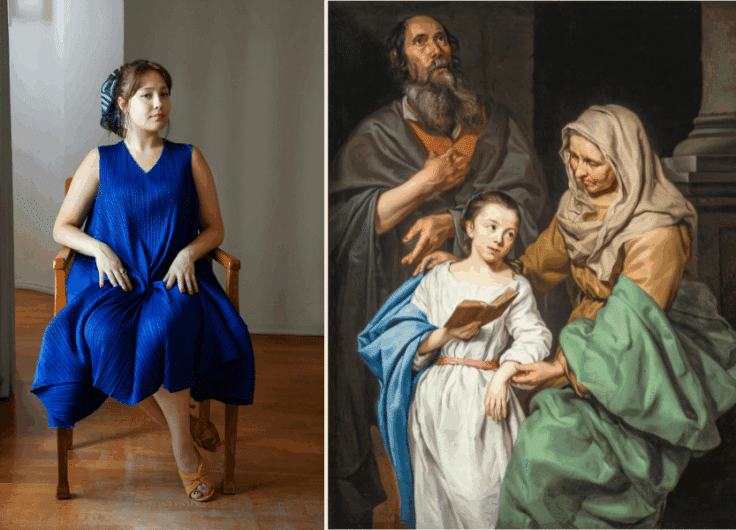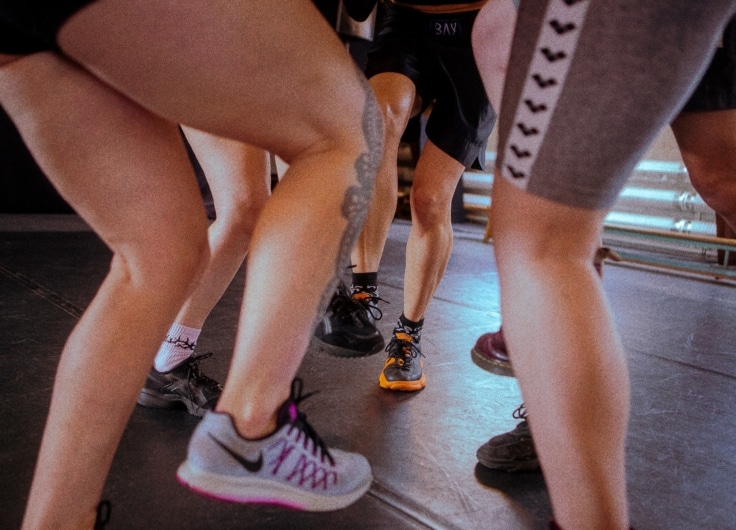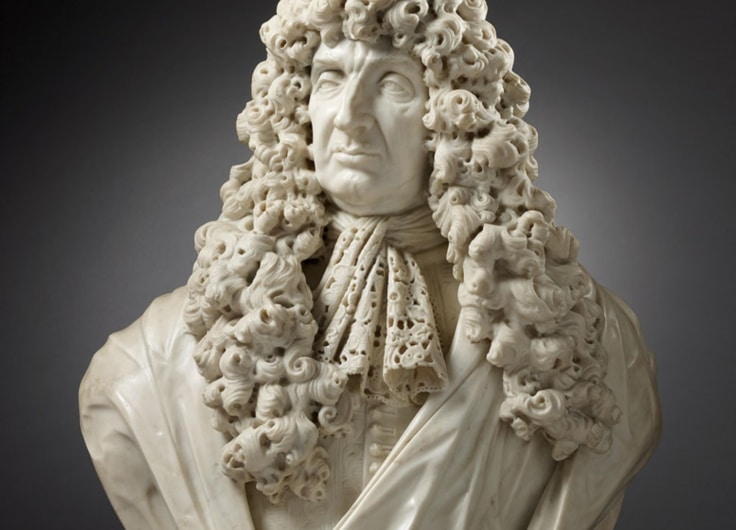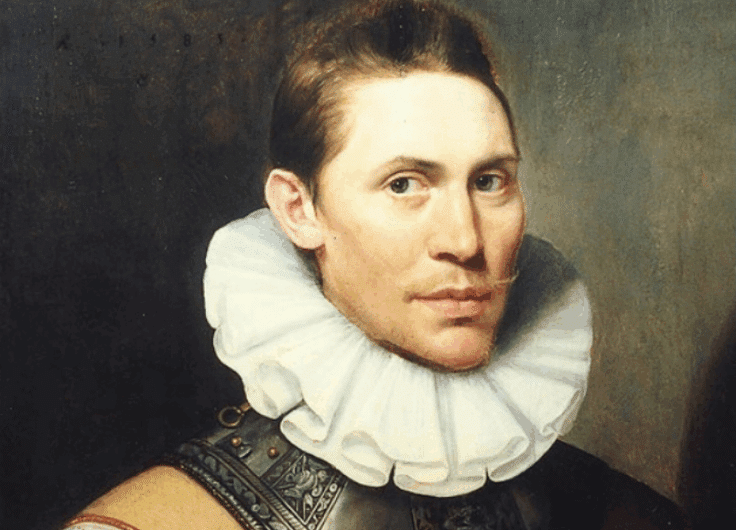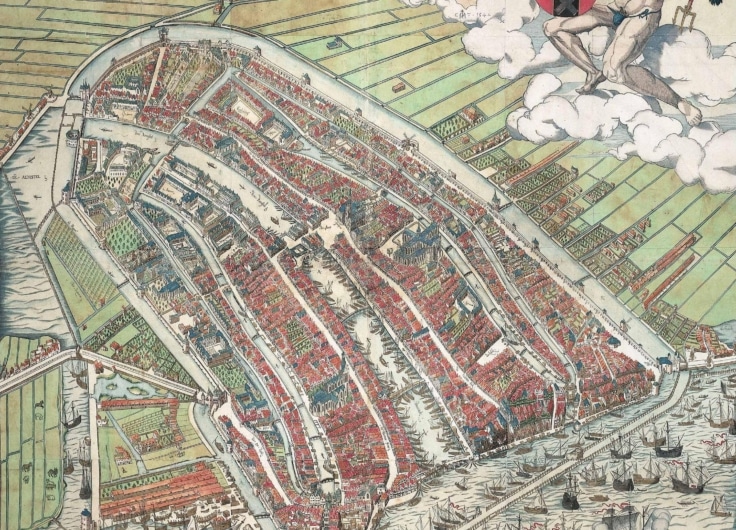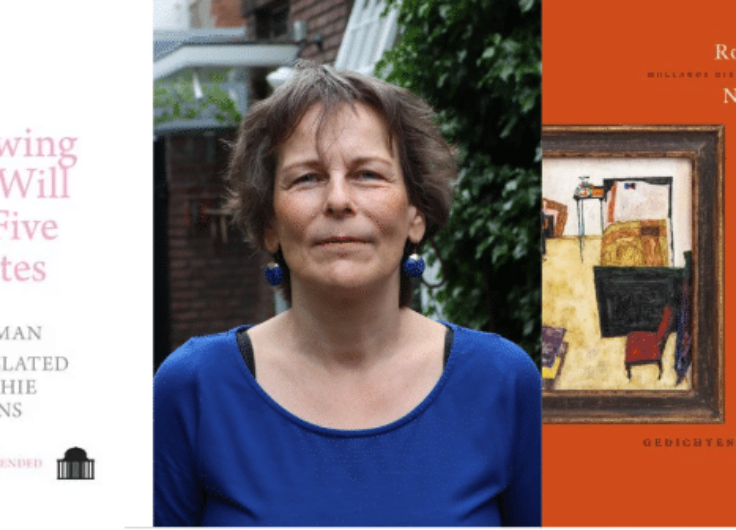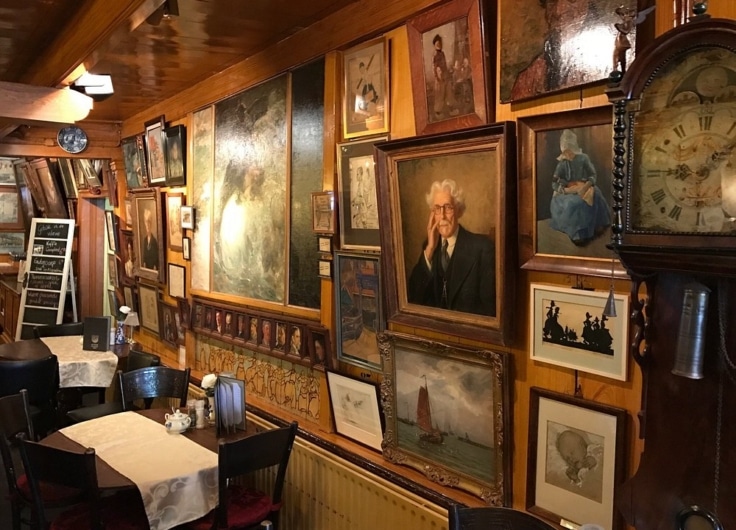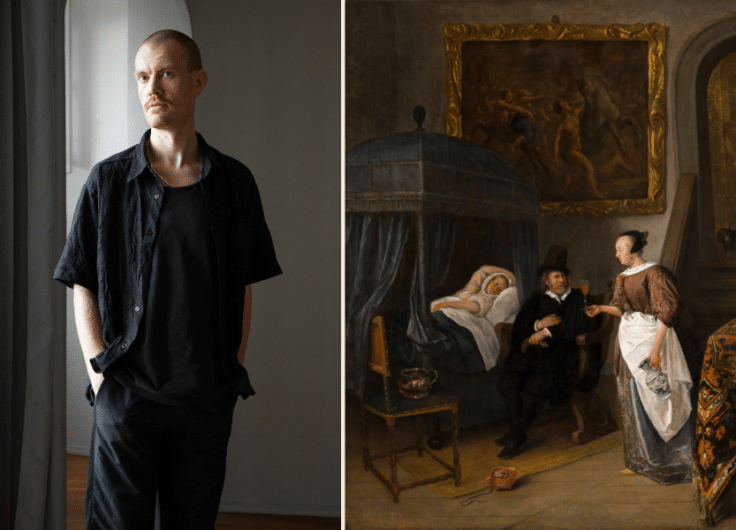The Top 5 Society Stories of the Year
1. Appelflappen and Clog Wogs
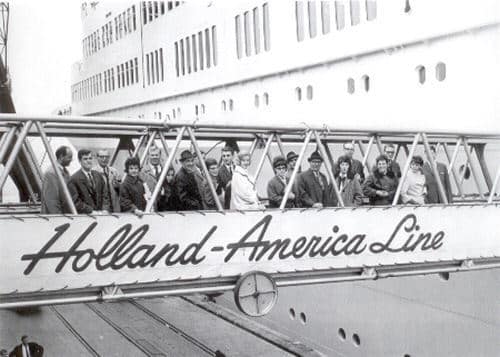
Dutch and Flemish people who move abroad to Anglophone countries don’t speak Dutch quite as often as their other emigrated compatriots do. There are, however, far more clubs and social activities for emigrants from the Low Countries in the Anglo-Saxon world.
This has become evident thanks to Vertrokken Nederlands (Emigrant Dutch), the very first global study on the preservation or loss of Dutch language, culture, and identity.
read more
2. Zero Point 1945
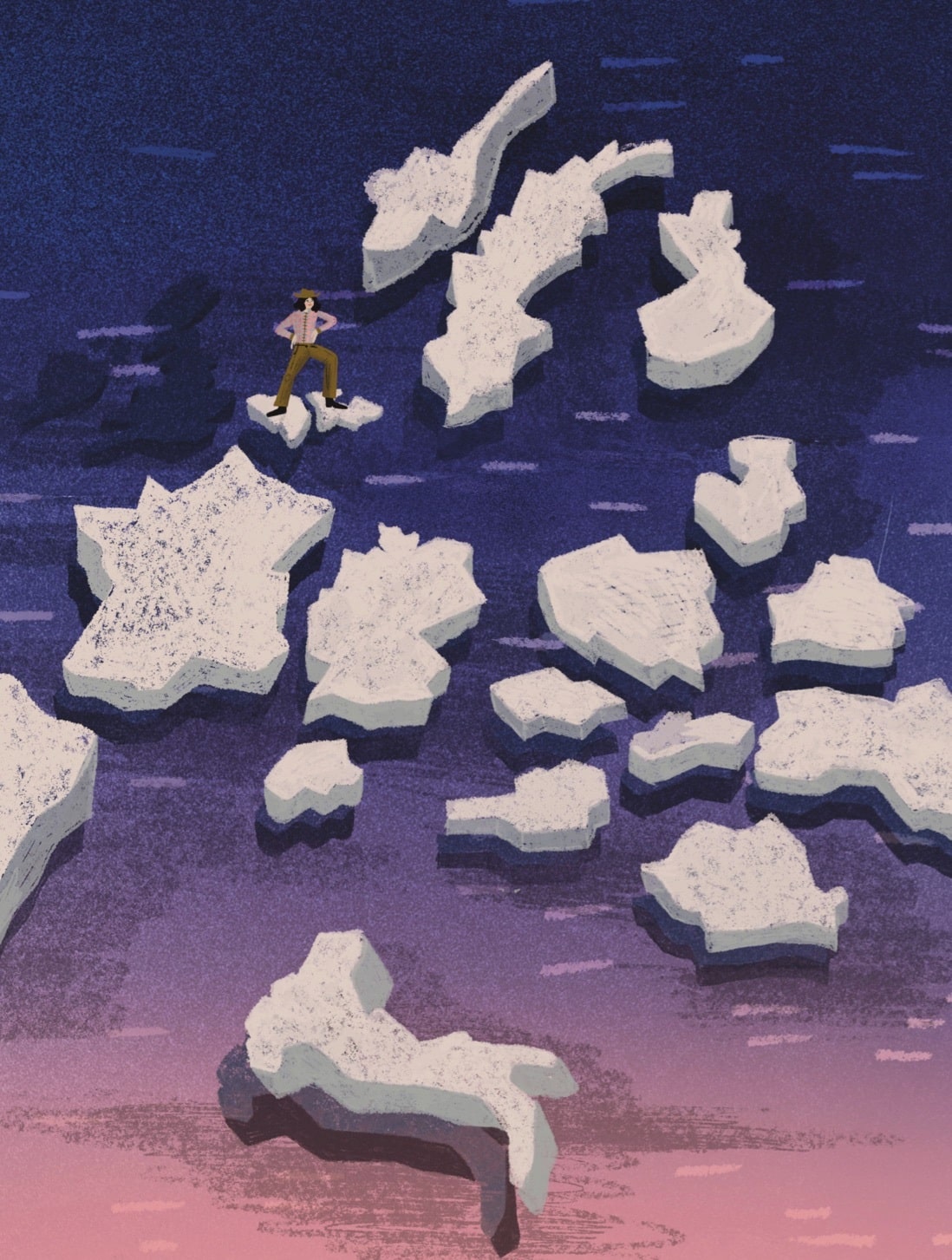
© Trui Chielens
After World War II, Belgium and the Netherlands were quickly rebuilt. Many things were put into motion then – from the welfare state to international alliances – that seem to be under pressure now.
In the series Zero Point 1945, based on our book with the same name, we take a look at those institutions that have dramatically changed over the past 75 years.
read more
3. Gear Up! Cycling in the Low Countries
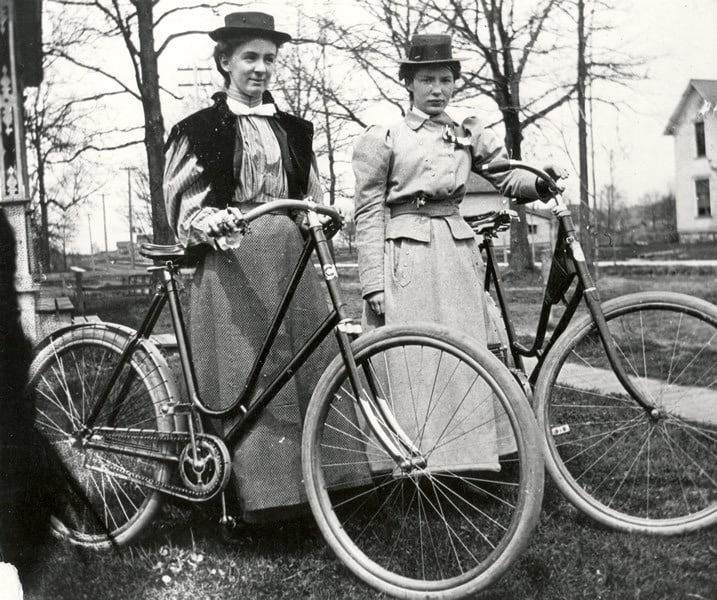
Why does the Netherlands have the highest number of bikes per capita in the world? Why were farmers angry with cyclists in the old days? Why was the bike a symbol of antifascist resistance? And why don’t the Dutch wear helmets?
Find out in the first episode of The Low Countries Radio, our podcast series, celebrating Flemish and Dutch history and culture, and its impact on the world today.
listen
4. How Muslim Extremists Bring Jihad to Our Streets
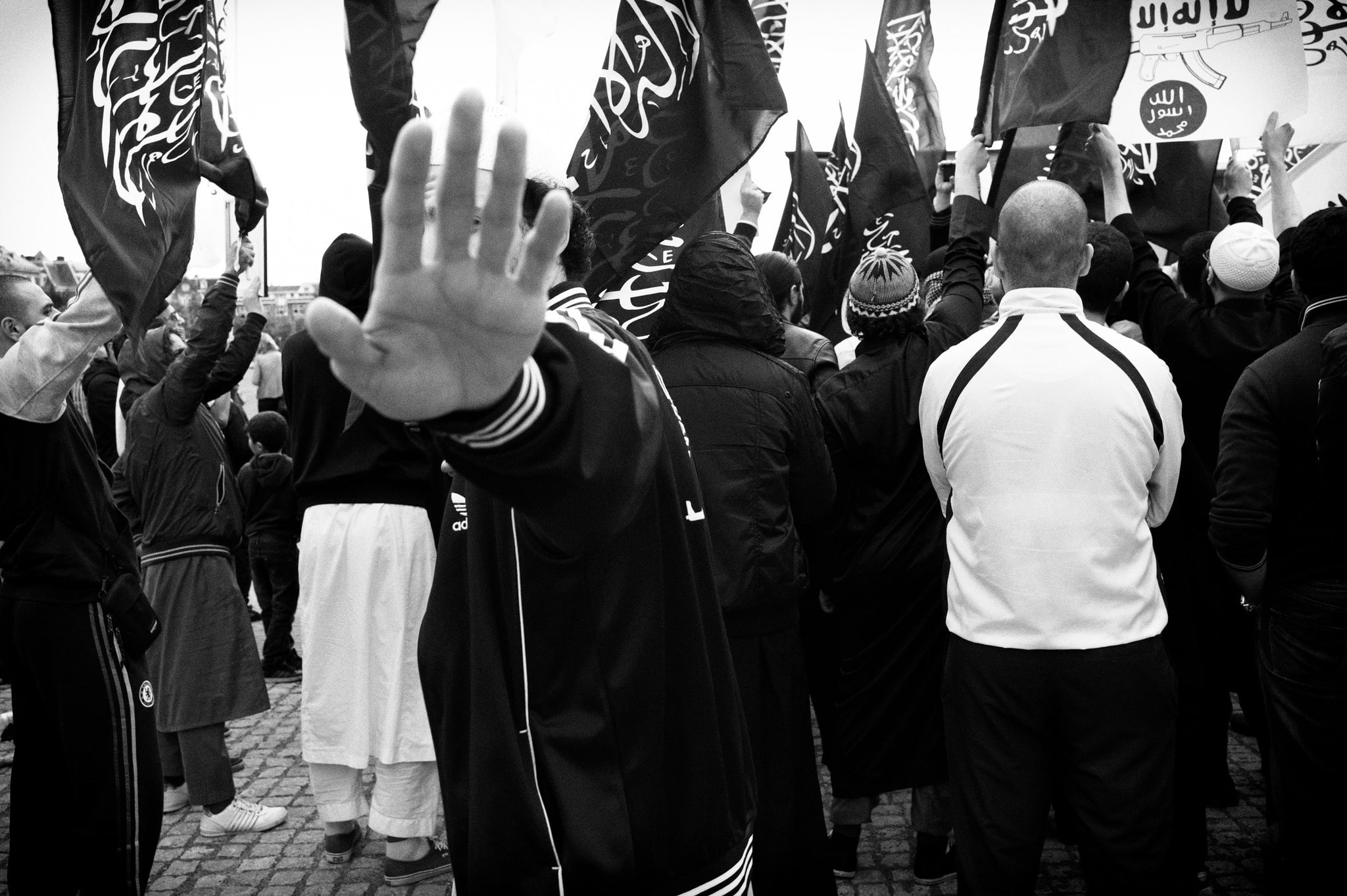
© Flickr / Guido van Nispen
This year Hind Fraihi focused on the growing polarisation in society. In her second column, she wrote about Muslim extremism.
European ‘gangster Islamism’ has its roots in the 1990s but, today, the targets have changed: our teachers, the people working to free our youngsters from infectious hatred through education. Fraihi believes that we have to eradicate Islamist street terrorism using both hard and soft approaches.
read more
5. The DNA of the Netherlands
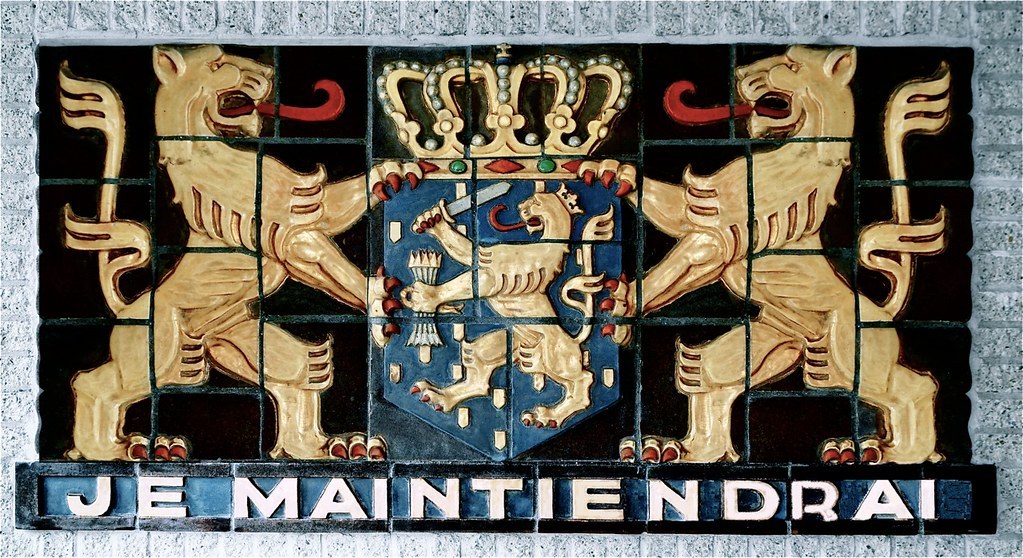
Is there such a thing as a ‘Dutch identity’? And if so, what does it look like? Jan Renkema provides a clear analysis of the main characteristics in his pamphlet ‘The DNA of the Netherlands’.
He does this in the form of a conversation between a curious foreigner and a Dutch expert on a flight to Schiphol Airport. Ideal reading material both for people who think they know what makes them Dutch and for those who can sometimes feel irritated by the Dutch.
read more


